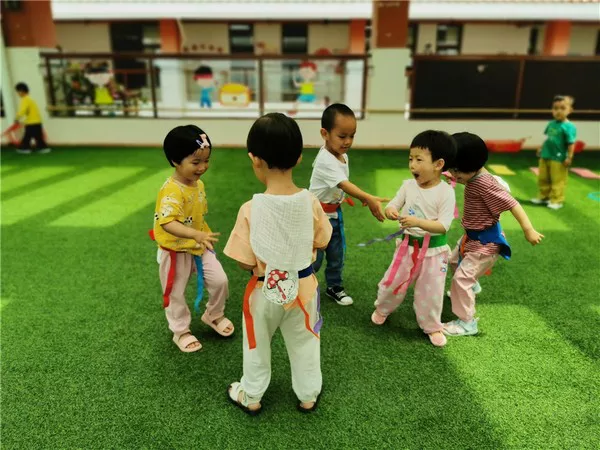The Children’s Commissioner’s “Help at Hand” service stands as a beacon of guidance and assistance for vulnerable children facing complex challenges, particularly those grappling with mental health difficulties. This crucial service extends its advice and support to children in care, those involved with social services, youngsters residing away from their homes, and care leavers, who often find themselves in situations that demand a caring and knowledgeable hand.
Many of the children whom “Help at Hand” dedicates its efforts to are navigating the intricacies of mental health issues. Here, we share two recent examples of children whom “Help at Hand” has been actively working to assist:
Ray: A Quest for a Suitable Community Placement
Meet Ray, a 12-year-old whose journey has led him to a hospital setting, albeit not the most suitable one for his well-being. Ray’s dedicated medical team recognizes that his potential lies in a therapeutic community placement.
Regrettably, Ray has found himself in a psychiatric intensive care unit for over a year, a facility designed for short-term usage. The challenges posed by this restrictive environment have taken a toll on Ray, manifesting in behavioral difficulties and often leading to his isolation in a bare room. Initially, children’s services believed the hospital was the best place for Ray, but they have since shifted their stance, acknowledging the necessity of a community-based solution.
“Help at Hand” has tirelessly advocated for Ray, striving to channel the focus of professionals toward finding a suitable placement for him. The Children’s Commissioner has lent her voice to this cause, addressing both NHS England and the Local Authority to shed light on Ray’s predicament.
Leah: Navigating Toward a Community Placement
Leah, at 16 years old, shares a similar story to Ray’s as she too is detained in a hospital setting. She has worked closely with an Independent Mental Health Advocate who reached out to “Help at Hand.” Like Ray, Leah had been informed by children’s services that they were not actively seeking a community placement for her.
Leah’s consultant psychiatrist, along with Leah and her family, was resolute in their desire for her to transition to a community-based environment. “Help at Hand” took up Leah’s cause, advocating on her behalf. As a result, the Local Authority is now in the process of seeking an appropriate place for her, albeit with the acknowledgment that the scarcity of suitable spaces for children with complex needs may cause delays.
“Help at Hand” continues to be a lifeline for children like Ray and Leah, offering them the support and advocacy they need to navigate the complexities of their mental health challenges and find suitable placements that will foster their well-being and growth.
In their tireless efforts, “Help at Hand” reinforces the importance of not only acknowledging these children’s struggles but actively working toward solutions that ensure their future is marked by care, support, and opportunities for recovery and growth.

























